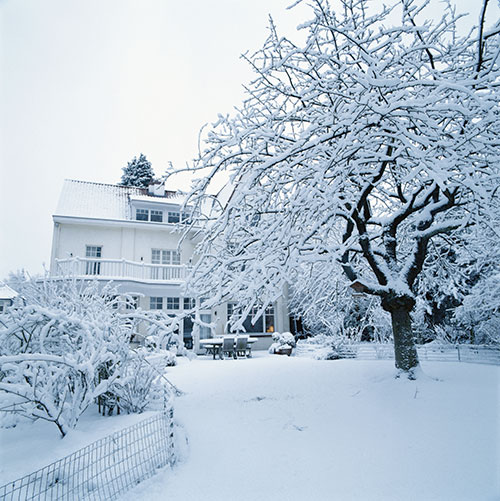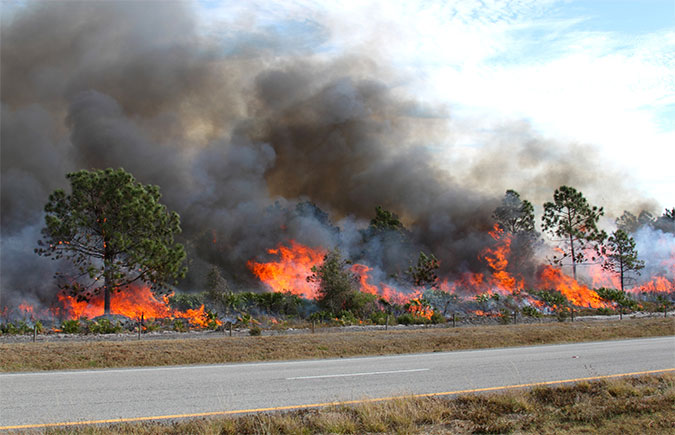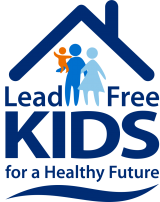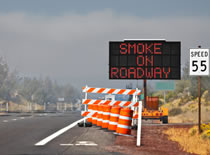Category: National Center for Environmental Health
NCEH/ATSDR – Top 10 “Your Health, Your Environment” Blog Posts of 2017
As another year draws to a close, perhaps you’ve realized that you didn’t get a chance to read all of the “Your Health, Your Environment” blog posts. To help you get caught up, here are the ten most popular posts of 2017: Read More >
Posted on by Leave a commentBe Prepared to Stay Safe and Healthy in Winter

Winter storms and cold temperatures can be hazardous. Stay safe and healthy by planning ahead. Prepare your home and cars. Prepare for power outages and outdoor activity. Check on older adults. Read More >
Posted on by Leave a commentProtect Yourself from Wildfire Smoke

Dry conditions in parts of the United States increase the potential for wildfires in or near wilderness areas. Stay alert for wildfire warnings and take action to protect yourself and your family from wildfire smoke. Read More >
Posted on by Leave a commentCDC’s Research on Noise-Induced Hearing Loss

For nearly 50 years, the Centers for Disease Control and Prevention (CDC) has researched noise-induced hearing loss in the workplace, providing guidelines to help reduce risk. In 2015, CDC received inquiries from both the public and medical community about noise-induced hearing loss in non-workplace settings. Read More >
Posted on by Leave a commentLead Hazards in Some Holiday Toys and Toy Jewelry

Protect children from exposure to lead in metal and plastic toys, especially imported toys, antique toys, and toy jewelry. Many children get toys and toy jewelry as gifts during the holiday season but some toys may contain lead hazards. Lead is invisible to the naked eye and has no smell. Read More >
Posted on by 1 CommentGo Green for the Holidays!

Are you one of those organized people who are already prepared for the coming winter holidays? Or do you still have plans to make and gifts to buy? Either way, why not take a second look at some of your usual holiday activities to see if you can make them more “sustainable?” Read More >
Posted on by Leave a commentLead Free Kids: National Lead Poisoning Prevention Week 2017

Jessica and Ben had their first child one month ago, and just bought a 1959 Midcentury-modern ranch style house. They want to do some renovation before moving in, but they know that homes built before 1978 often contain lead paint. They also know that even though exposures to lead in tap water have been greatly Read More >
Posted on by Leave a commentCDC’s Tracking Network in Action
Take a look at the new Faces of Tracking series to see how tracking programs across the country are making a difference in the lives of individuals. CDC’s Environmental Public Health Tracking Network (Tracking Network) connects people with vital public health information. It has data and information that can be used for a wide variety Read More >
Posted on by Leave a commentTips for Preventing Heat-Related Illness

Stay Cool Wear Appropriate Clothing: Choose lightweight, light-colored, loose-fitting clothing. Stay Cool Indoors: Stay in an air-conditioned place as much as possible. If your home does not have air conditioning, go to the shopping mall or public library—even a few hours spent in air conditioning can help your body stay cooler when you Read More >
Posted on by Leave a commentWildfire Smoke

Wildfire smoke can harm you in multiple ways. Smoke can hurt your eyes, irritate your respiratory system, and worsen chronic heart and lung diseases. This fact sheet tells you how you can protect your health and be safe if you are exposed to wildfire smoke. Read More >
Posted on by Leave a comment
